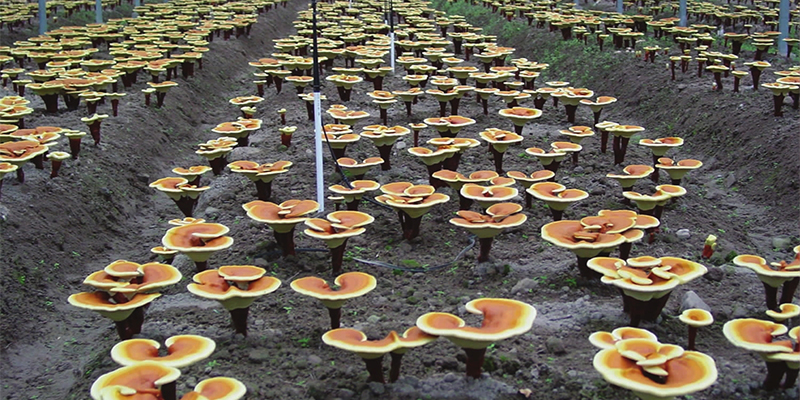The Rise of Medicinal Mushroom Farms

Medicinal mushrooms have been used for thousands of years in traditional medicine systems around the world. Recent scientific research has only confirmed their many health benefits, from boosting immunity to reducing inflammation and fighting cancer. As a result, there has been a growing demand for medicinal mushrooms, leading to the rise of dedicated medicinal mushroom farms.
A medicinal mushroom farm is essentially a specialized type of farm that focuses on growing mushrooms with specific therapeutic properties. Common medicinal mushroom species include reishi, chaga, lion’s mane, cordyceps, and shiitake. These mushrooms are typically grown using organic and sustainable practices, without the use of synthetic chemicals or pesticides.
One of the biggest advantages of medicinal mushroom farming is its potential profitability. Medicinal mushrooms are highly sought after, and can command premium prices due to their health benefits and rarity. In addition, because they require less space and resources than traditional crops, they offer a more efficient and sustainable way of farming.
Furthermore, medicinal mushroom farming offers a unique opportunity to contribute to human health and wellness. With their many therapeutic properties, these mushrooms have the potential to improve the lives of countless individuals struggling with chronic illnesses or seeking alternative forms of healing. By providing access to high-quality medicinal mushrooms, growers can make a positive impact on the health of their communities.
In conclusion, medicinal mushroom farming represents an exciting and promising future for agriculture and healthcare alike. By prioritizing sustainability, health, and quality, growers can produce high-quality medicinal mushrooms that benefit both consumers and the environment. As we continue to explore the many therapeutic properties of these powerful fungi, we can expect to see even more innovative and sustainable methods of medicinal mushroom farming emerge in the coming years.

(1)(1).jpg)
 CONTACT
CONTACT